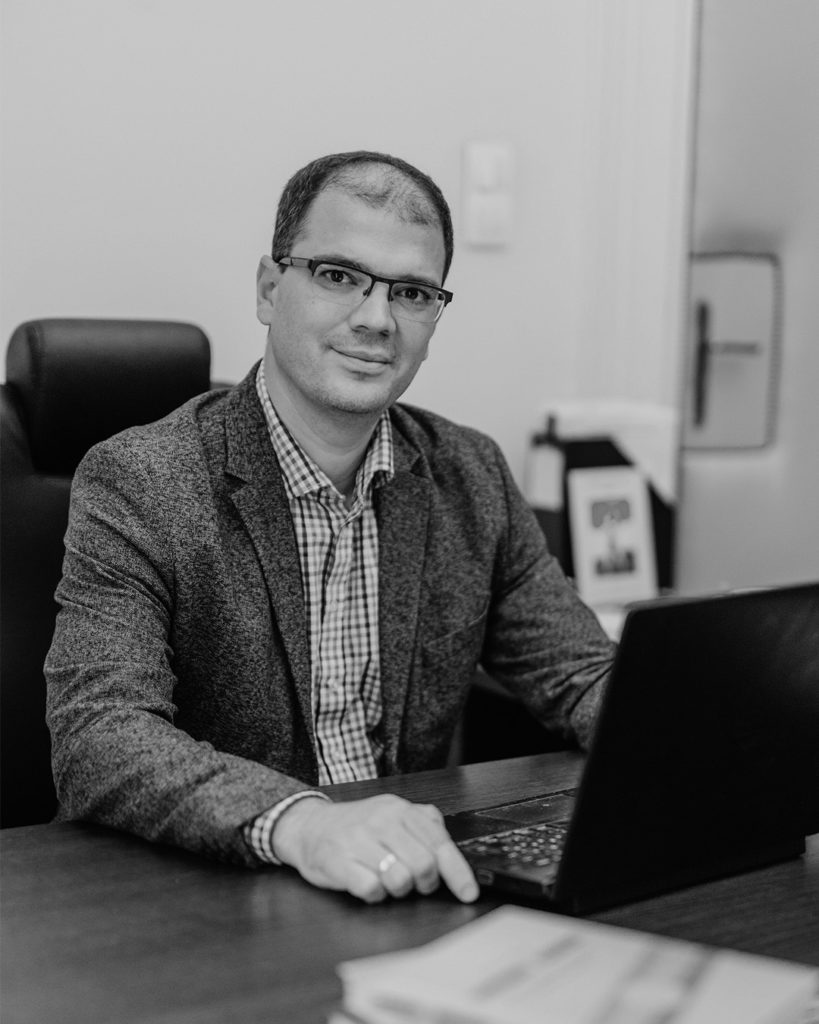
Aron Mathé
Aron Mathé is a Hungarian historian and the deputy chair of the Committee of National Remembrance of Hungary. From 2001 to 2012, he worked for the House of Terror Museum in Budapest, where he became chief of the research department. He took part in the creation of the Hungarian National Audiovisual Archives (NAVA). He worked on the House of Terror Museum’s various exhibitions and has a long list of publications to his name.
![]()
Aron Mathé è uno storico ungherese e vicepresidente del Committee of National Remembrance of Hungary. Tra il 2001 e il 2012 ha lavorato per il House of Terror Museum a Budapest, diventando direttore del dipartimento di ricerca del museo. Ha inoltre preso parte alla creazione degli Hungarian National Audiovisual Archives (NAVA) e pubblicato diversi articoli e ricerche.
Kees Ribbens
Kees Ribbens is a history professor at Erasmus University Rotterdam and a senior researcher at the NIOD Institute of War, Holocaust, and Genocide Studies. His research focuses on the language and visual representation of war, genocide, and mass violence in the twentieth and twenty-first centuries, with a particular interest in the different perceptions and narrations of the Second World War across various communities.
![]()
Kees Ribbens è professore di storia all’Erasmus University Rotterdam e ricercatore senior all’ Institute of War, Holocaust, and Genocide Studies di Amsterdam (NIOD). Le sue ricerche si focalizzano sulla rappresentazione della guerra, del genocidio e della violenza di massa nel ventesimo e ventunesimo secolo, sia da un punto di vista linguistico che visivo. I suoi studi si distinguono inoltre per la particolare attenzione posta sulle differenti narrazioni della Seconda guerra mondiale all’interno delle varie comunità.
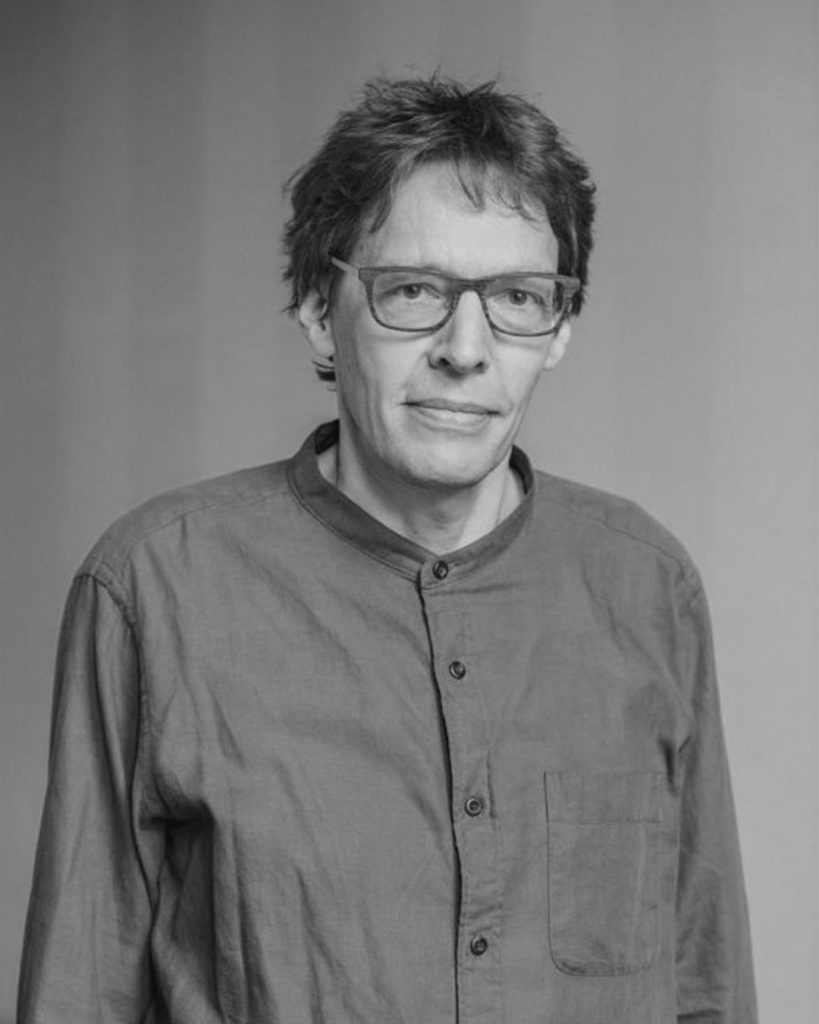
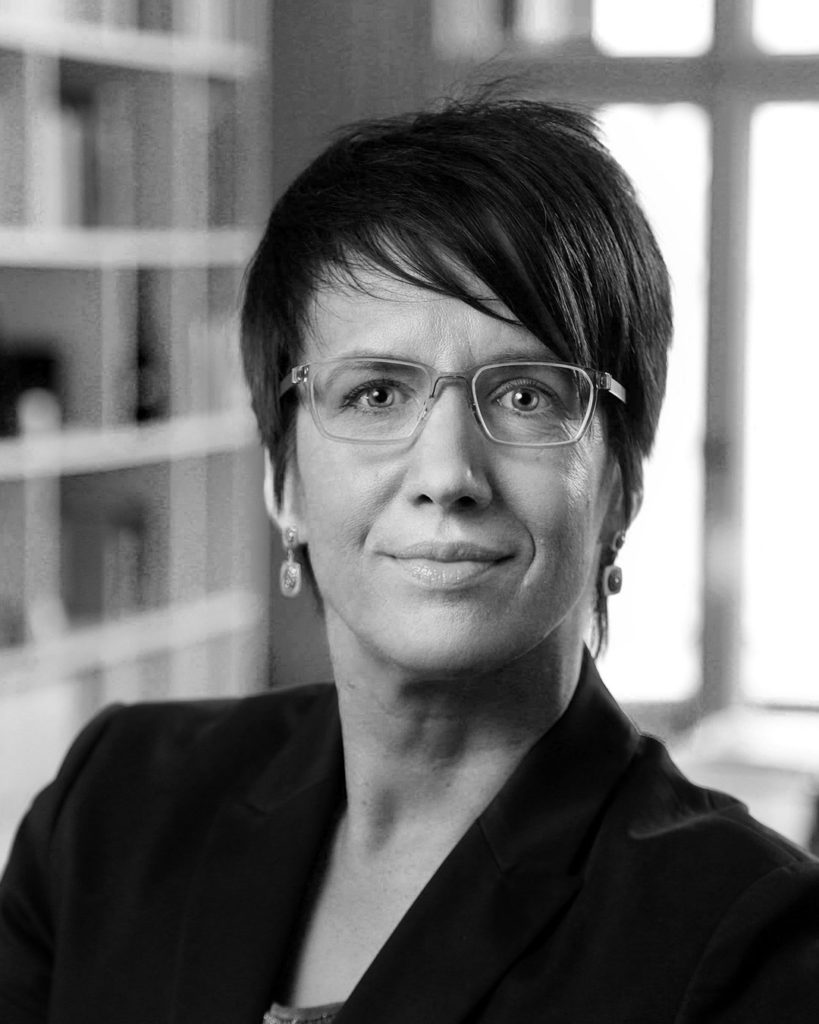
Gundula Bavendamm
Gundula Bavendamm is a German historian and cultural manager. She has been the curator of both the German Historical Museum and the Museum of Communication Frankfurt and between 2010 and 2016 she headed the Allied Museum in Berlin (AlliiertenMuseum). In 2016 she was appointed the director of the Centre for Displacement, Expulsion and Reconciliation in Berlin.
![]()
Gundula Bavendamm è una storica e manager culturale tedesca. È stata direttrice sia del German Historical Museum che del Museum of Communication Frankfurt, mentre , tra il 2010 e il 2016, è stata a capo del Allied Museum di Berlino. Nel 2016, è stata nominata direttrice del Centre for Displacement, Expulsion and Reconciliation della capitale tedesca.
Paweł Machcewicz
Paweł Machcewicz is a Polish historian and a history Professor at the Polish Academy of Science in Warsaw. He co-founded the Institute of National Remembrance in Poland, and served as the founding director of the Museum of the Second World War in Gdańsk from 2008 to 2017. He taught history in various universities, such as Warsaw University, the Nicolaus Copernicus University in Toruń and the Université Libre de Bruxelles, where he held the International Chair for the History of the Second World War in 2017.
![]()
Pawel Machcewicz è uno storico polacco e Professore di storia alla Polish Academy of Science di Varsavia. Ha co-fondato l’Institute of National Remembrance in Polonia e, tra il 2008 e il 2017, è stato direttore del Museum of the Second World War di Gdańsk. Ha insegnato storia in numerose università, tra cui l’Università di Varsavia, la Nicolaus Copernicus University a Toruń e l’Université Libre di Bruxelles, dove, nel 2017, è stato titolare della cattedra di Storia della Seconda guerra mondiale.
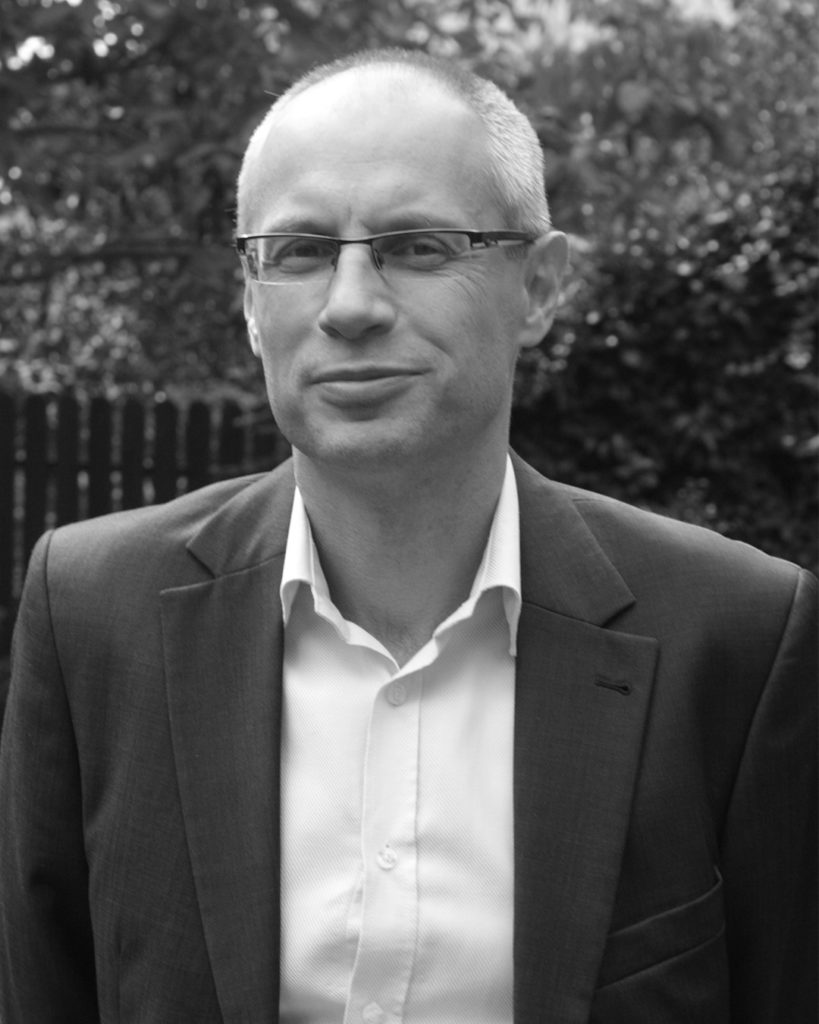
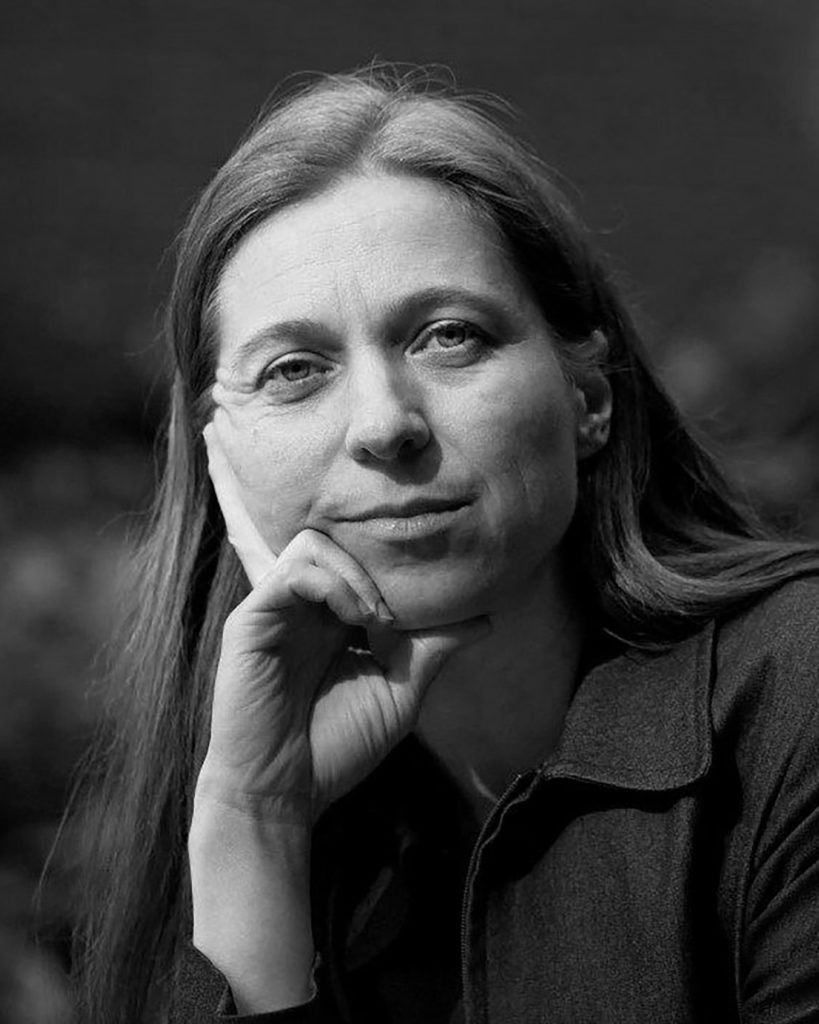
Katrin Himmler
Katrin Himmler is a German author and political scientist. Her great-uncle was Heinrich Himmler, head of Hitler’s SS. She has confronted her family legacy with the book The Himmler Brothers: German Family History. In 2016, she edited, together with the historian Dr Michael Wildt, Letters of a Mass Murderer: the private Heinrich Himmler. Katrin Himmler has been fighting racism and right-wing extremism for many years primarily through school lectures and discussions.
![]()
Katrin Himmler è un’autrice tedesca e una scienziata politica. Il suo prozio è stato Heinrich Himmler, capo delle SS. Ha affrontato la sua eredità familiare nel libro The Himmler Brothers: German Family History. Nel 2016 ha curato, insieme allo storico Michael Wildt, Letters of a Mass Murderer: the private Heinrich Himmler. Katrin Himmler lotta da molti anni contro razzismo ed estrema destra, organizzando lezioni e dibattiti nelle scuole.
Kaja Širok
Kaja Širok is a Slovenian historian, museologist and politician who serves as the country’s State Secretary for Culture. Her research focuses on historical memory and museum studies, with a particular interest in the process of creating national historical narratives related to identity formation and revisionism. From 2011 to 2021, she was the director of the National Museum of Contemporary History of Slovenia and worked as a researcher at the Faculty of Arts in Ljubljana. She has published several articles on the memorialization of the past in museum exhibitions and national commemorative practices.
![]()
Kaja Širok è una storica, museologa e politica slovena, attualmente Segretaria di Stato alla Cultura. Le sue ricerche si focalizzano su memoria storica e museologia, con un interesse particolare per i processi di creazione delle narrazioni storiche nazionali relative alla formazione dell’identità e al revisionismo. Tra il 2001 e il 2021 è stata direttrice del National Museum of Contemporary History of Slovenia e ha lavorato come ricercatrice pressola Faculty of Arts di Liubiana. Ha pubblicato diversi articoli sulla commemorazione del passato nelle esposizioni museali e sulle pratiche celebrative nazionali.
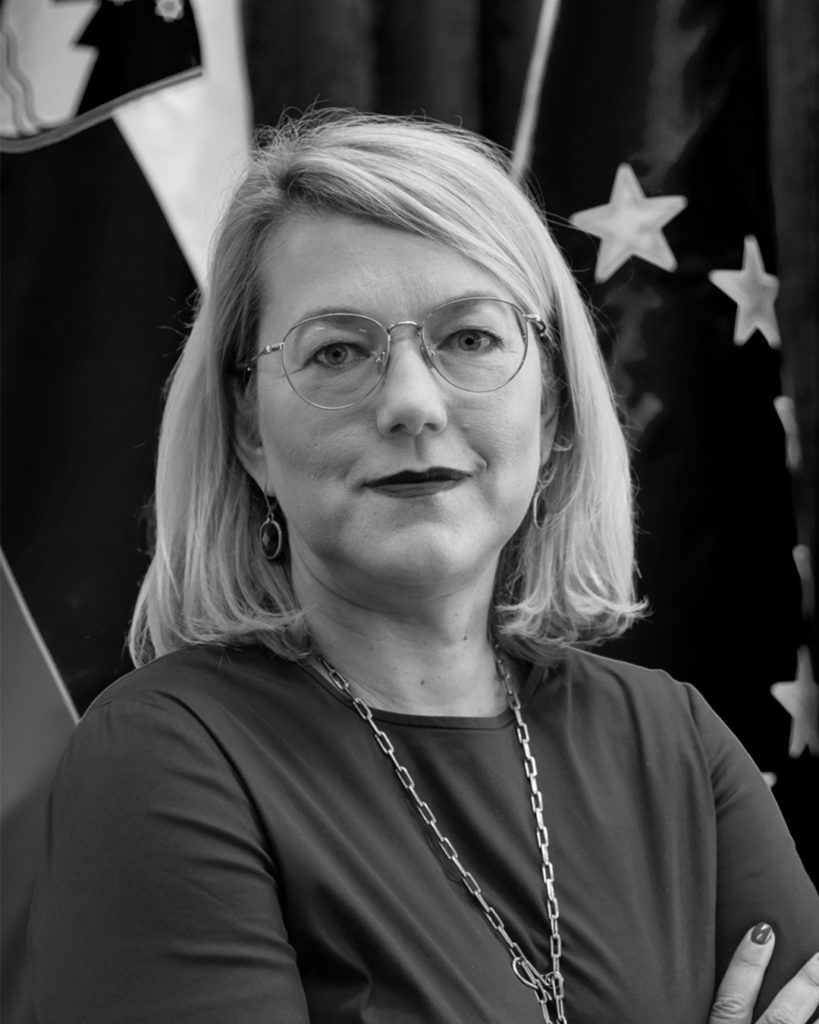
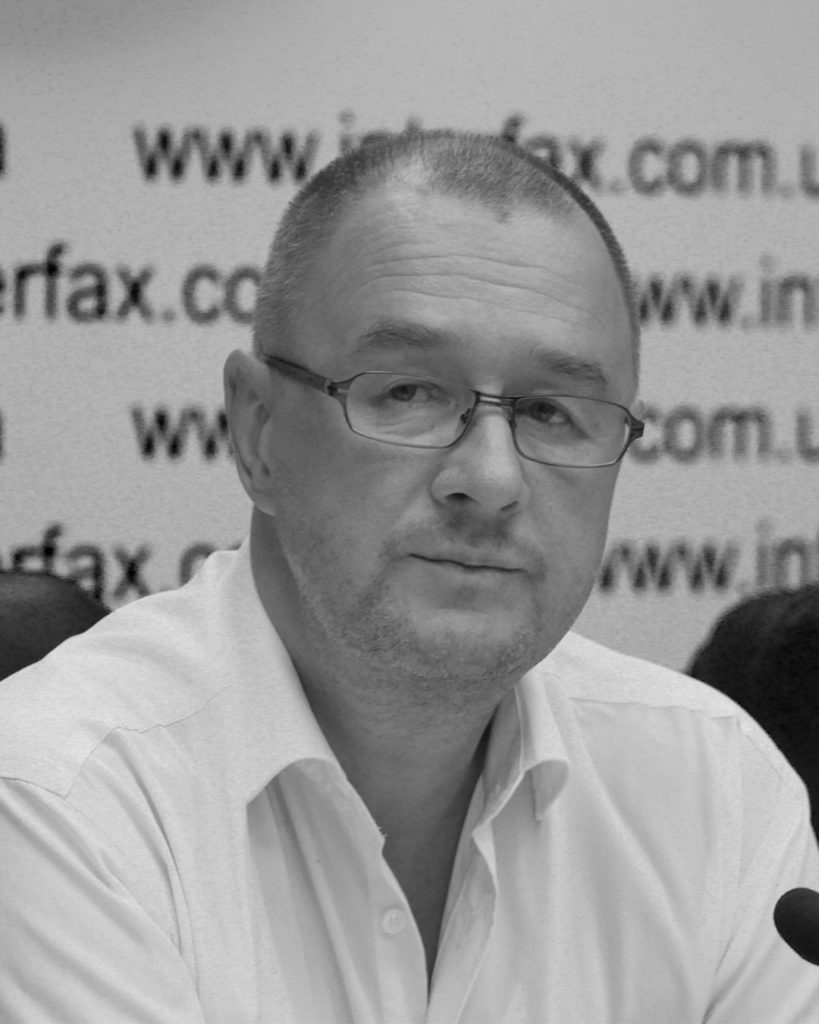
Georgiy Kasianov
Georgiy Kasianov is the Head of the Laboratory of International Memory Studies at Maria Curie-Skłodowska University, Lublin, Poland. He is the author, co-author and co-editor of over twenty books on Ukrainian history from the nineteenth to the twenty-first centuries, social and intellectual history, and historical memory. Memory Crash: Politics of History in and Around Ukraine is his most recent publication.
![]()
Georgiy Kasianov è il direttore del Laboratory of International Memory Studies alla Maria Curie-Skłodowska University a Lublin, in Polonia. È autore, co-autore e co-editore di più di venti libri sulla storia ucraina tra il diciannovesimo e il ventunesimo secolo, sulla storia sociale e intellettuale e sulla memoria storica. Memory Crash: Politics of History in and Around Ukraine è il titolo del suo ultimo libro.
Guri Schwarz
Guri Schwarz is an associate professor of Contemporary History at the University of Genoa. He is co-editor of the e-journal Quest. Issues in Contemporary Jewish History as well as co-editor of the Routledge Studies in the Modern History of Italy series. He’s vice-director of the Centre for the History of Racism and Antiracism of the University of Genoa and a member of the scientific boards of the Foundation Centre for Contemporary Jewish Documentation in Milan, as well as of the Fossoli Foundation.
He edited nine volumes and is author of four books.
![]()
Guri Schwarz è un professore associato di Storia Contemporanea all’Università di Genova. È codirettore del giornale online Quest. Issues in Contemporary Jewish History e della serie di libri Routledge Studies in the Modern History of Italy. È vicedirettore del Centre for the History of Racism and Anti-Racism in Modern Italy dell’Università di Genova e membro del comitato scientifico della Fondazione Centro di Documentazione Ebraica Contemporanea e della Fondazione Fossoli. Ha curato nove volumi ed è autore di quattro libri.
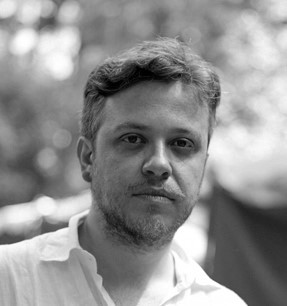
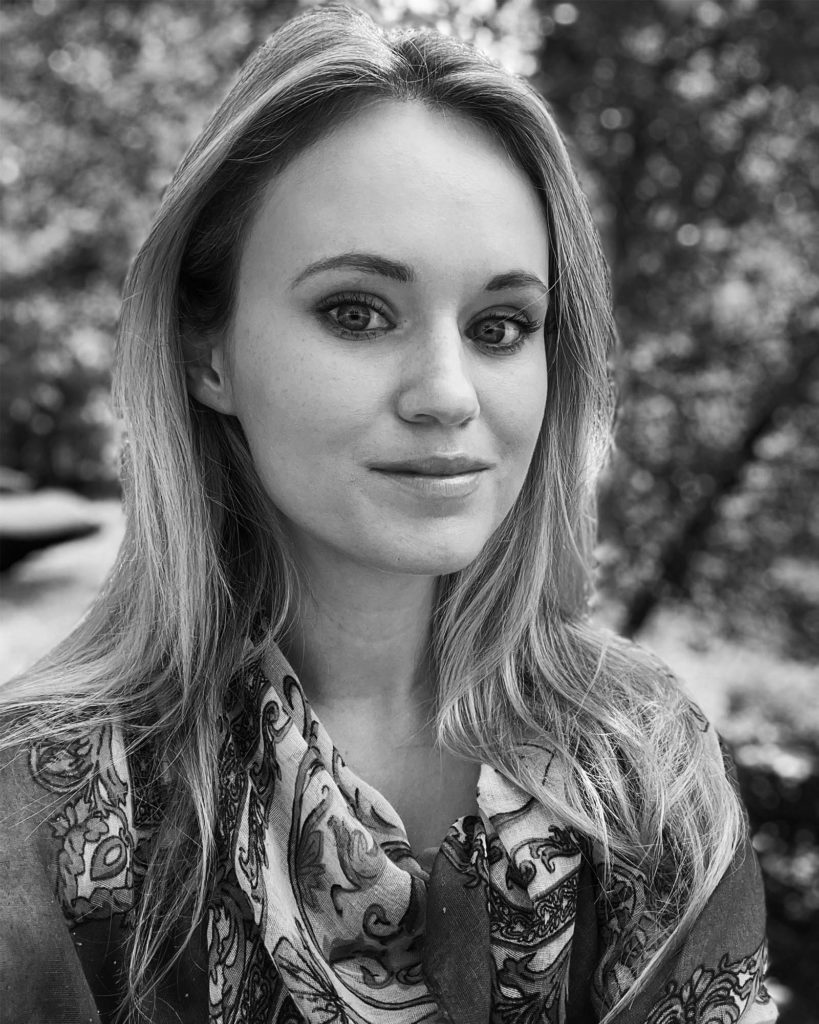
Jade McGlynn
Jade McGlynn works at the Department of War Studies at Kings College London. Her research focuses on the political uses of history and memory in Russia, and how this affects Russian foreign policy. She has written numerous articles and she is the author of the upcoming books The Kremlin’s Memory Makers and Russia’s War.
![]()
Jade McGlynn lavora nel Dipartimento di Studi di Guerra al Kings College London. Le sue ricerche trattano principlamente l’utilizzo politico della memoria storica russa e delle conseguenze sulle politica estera del paese. Ha scritto numerosi articoli ed è autrice di due libri in uscita nel 2023: The Kremlin’s Memory Makers e Russia’s War.
Keith Lowe
Keith Lowe is a British writer. He wrote several major historical books such as Inferno, Savage Continent and The Fear and the Freedom, all of which dealt with the Second World War and its aftermath. His latest book, Prisoners of History, examines our monuments to the war and asks what they are really saying about our history and ourselves. Lowe regularly speaks on TV and radio, and he often lectures on postwar history at venues across Europe and North America. He has written for a variety of newspapers and journals, including the Daily Telegraph, The Times and The Wall Street Journal.
![]()
Keith Lowe è uno scrittore britannico. Ha scritto diversi libri di storia sulla Seconda guerra mondiale e il suo dopoguerra, tra cui Inferno, Il continente selvaggio e The Fear and the Freedom. Il suo ultimo libro, Prigionieri della storia, esamina I nostri monumenti alla guerra e si interroga sul significato che questi trasmettono a proposito della nostra storia e della nostra identità. Lowe è partecipa regolarmente a trasmissioni televisive e radiofoniche e tiene spesso lezioni sulla storia del dopoguerra in Europa e Nord America. Ha collaborato per molti giornali e per molte riviste, tra cui il Daily Telegraph, il Times e il Wall Street Journal.
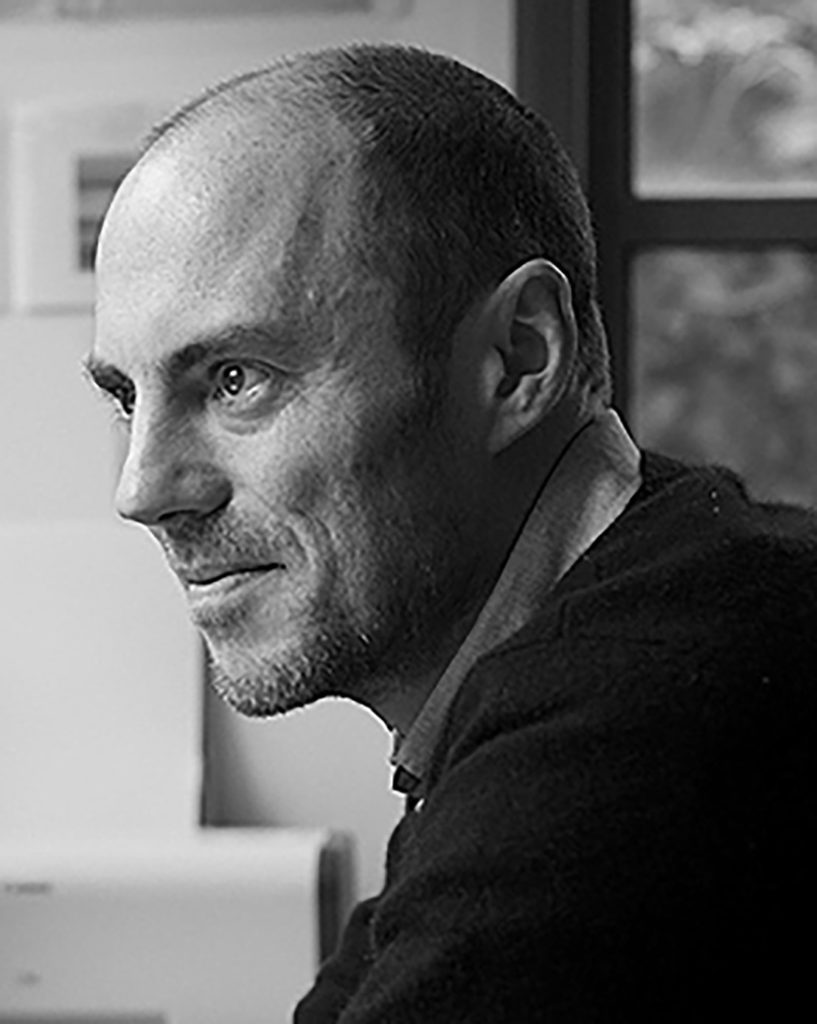
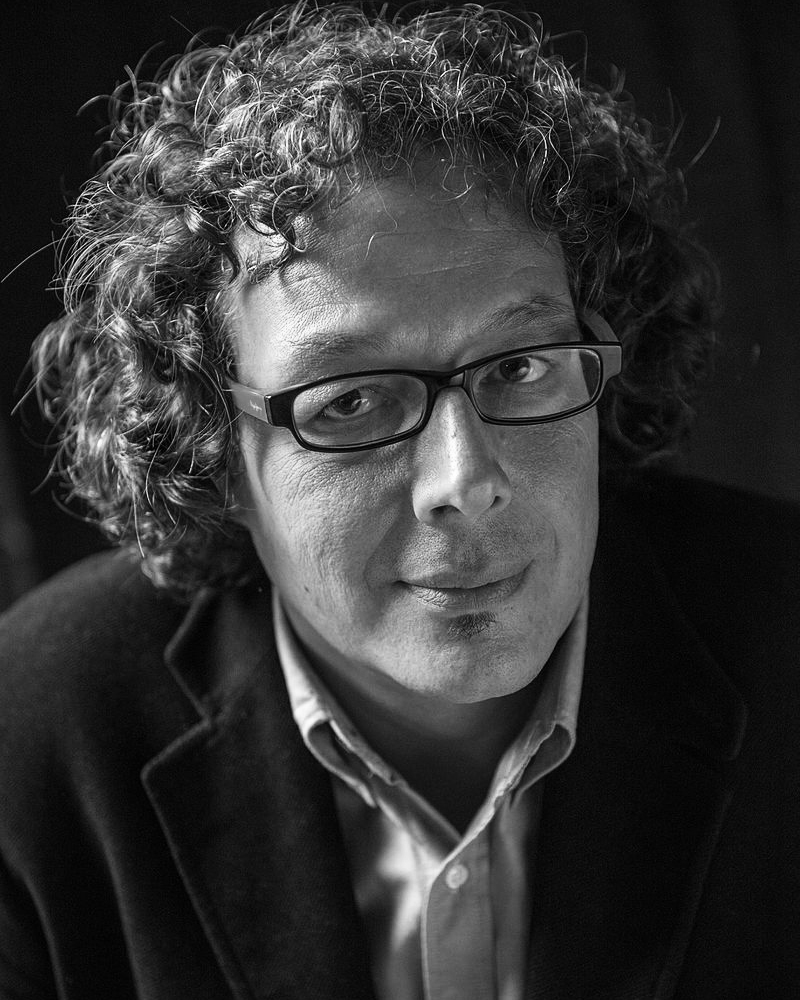
Jordi Guixé i Coromines
Jordi Guixé i Coromines is a Spanish historian, founder director of the European Observatory of Memories (EUROM) and professor at the University of Barcelona. He earned a PhD in Contemporary History from both the University of Barcelona and the University of Paris III. His research focuses on public policies of memory, as well as political exile due to Francisco Franco’s repression during the Spanish Civil War, World War II and the Cold War. His work Diplomacia y represión: la persecución hispano-francesa del exilio republicano, 1937-1951 won the España y sus exilios essay prize.
![]()
Jordi Guixé i Coromines è uno storico spagnolo, professore all’Università di Barcellona, fondatore e direttore dell’European Observatory of Memories (EUROM). Ha ottenuto un doppio dottorato di ricerca in Storia Contemporanea all’Università di Barcellona e all’Università di Parigi III. Nele sue ricerche si occupa di politiche pubbliche della memoria, ma anche dell’esilio politico dovuto alla repressione Franchista durante la Guerra civile spagnola, la Seconda guerra mondiale e la Guerra Fredda. Il suo libro Diplomacia y represión: la persecución hispano-francesa del exilio republicano, 1937-1951 ha vinto il premio letterario España y sus exilios.
Institutional partners
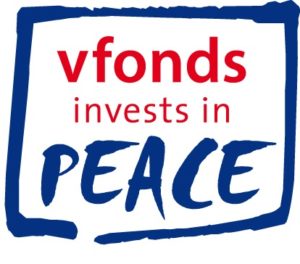

The LRE Foundation has been supported by the National Fund for Peace, Freedom and Veteran Care (vfonds) in the Netherlands since 2012. The vfonds is a strategic partner of the Foundation since, for many projects.
The LRE Foundation has been supported by the German Federal Foreign Office and its Embassy in the Hague (The Netherlands) since 2020, with a focus on the Liberation Route Europe Trails project.

